What is SEO?
SEO stands for “Search Engine Optimization.” It simplifies the process of improving your website to increase its visibility when people search the internet for products or services related to your business in Google, Bing, Yandex, and other search engines.
The more visibility your website pages have in search results, the more chances you are to get traffic and attract more customers to your business.
How Does SEO Work?
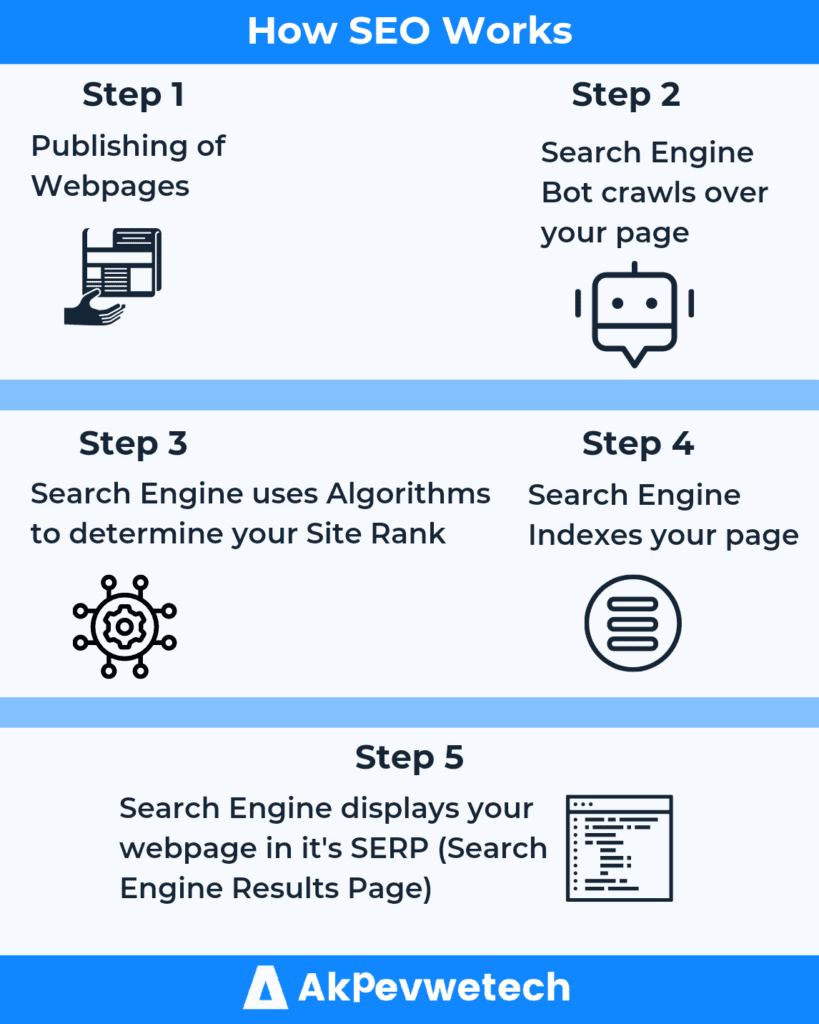
Search engines like Google and Bing use bots to crawl web pages, going from website to website to collect pieces of information about those pages and add them to an index.
In order to comprehend what each page is about, the bots examine or crawl the content on each of your pages, which includes the URL, title tag, headings, links, and other elements to get an understanding of what each page is about
The order in which pages in the index should appear in the search results for a given query is then determined by algorithms using hundreds of ranking factors or signals. That’s to say “in our analogy of a library, the librarian has read every book in the collection and is able to precisely identify which one contains the answers to your questions”.
The search algorithms are made to bring up pages that are relevant and authoritative and make it easy for users to search. Considering these aspects when optimizing your website and content can help your pages rank higher in the search results.
You might be wondering how search engines like Google and Bing work. Let me quickly explain how search engines work.
How do Search Engines work?
Search engines like Google and Bing work by crawling hundreds of billions of web pages, indexing them, and serving them to you as content from different websites.
When you type a query or question into a search engine, web crawlers, known as bots or spiders, crawl thousands, sometimes millions of pages in their index, choose which are most relevant (based on many factors), and serve you an answer.
Search engines normally work through three methods which are:
- Crawling: Search the Internet for content, looking over the code/content for each URL they find.
- Indexing: Organize and store the content that is discovered during the crawling process. A page can be displayed as a result of relevant queries once it is in the index.
- Ranking: The results will be sorted from most relevant to least relevant. that’s to say your website will rank if you provide the pieces of content that will provide the best response to a searcher’s query.
Why is SEO so Important For Your Website?
SEO is important because the compatibility of the website with your target audience, which is crucial for search engines, is one important aspect of SEO. Google does indeed pay a lot of attention to how satisfied website visitors are, but it’s important to remember that search engines are not people.
SEO enables webmasters to assist search engines in comprehending their content better. One of the most important aspects of SEO is giving a website’s content an appropriate and easy-to-understand structure for search engines.
You can create the right template for your content and position your website content in a way that is understandable and analytical for search engines by understanding the capabilities and limitations of search engines.
In conclusion, SEO is the cornerstone of a comprehensive marketing ecosystem. You can apply this knowledge to your paid and organic campaigns, your website, your social media properties, and more once you know what your website visitors want.
What Are the Most Important SEO Ranking Factors?
There is a lot that factors into search engine rankings, but content creation comes first. High-quality content will please visitors and you will attract links from other websites.
Google and other search engines will trust and value your content and website more if more websites link to it.
In addition to links and content, the following are some other important SEO factors:
- An Accessible and Safe Website
- Page Speed
- User Friendly (Including on Mobile)
- Authority, URL, and Domain Age
- Optimized Content
- User Experience
- Numbers of Incoming Links
- Social Signals and more…
All of these factors, combined together with the search engine’s making it to understand your content, are used to turn an index into rankings for the different searches (also known as queries) performed within search engines.

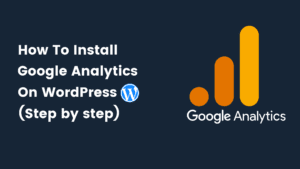
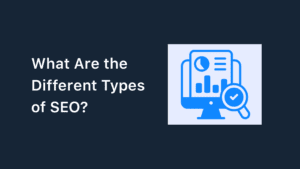
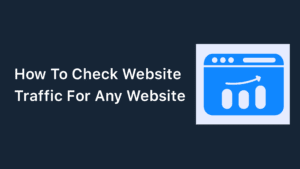
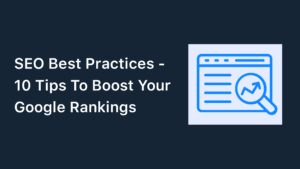
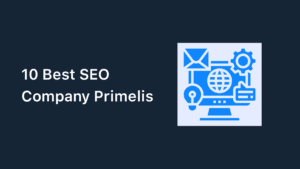
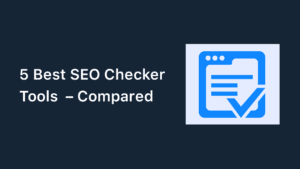
6 Comments
Special Web Hosting Offer | $2.99/mo